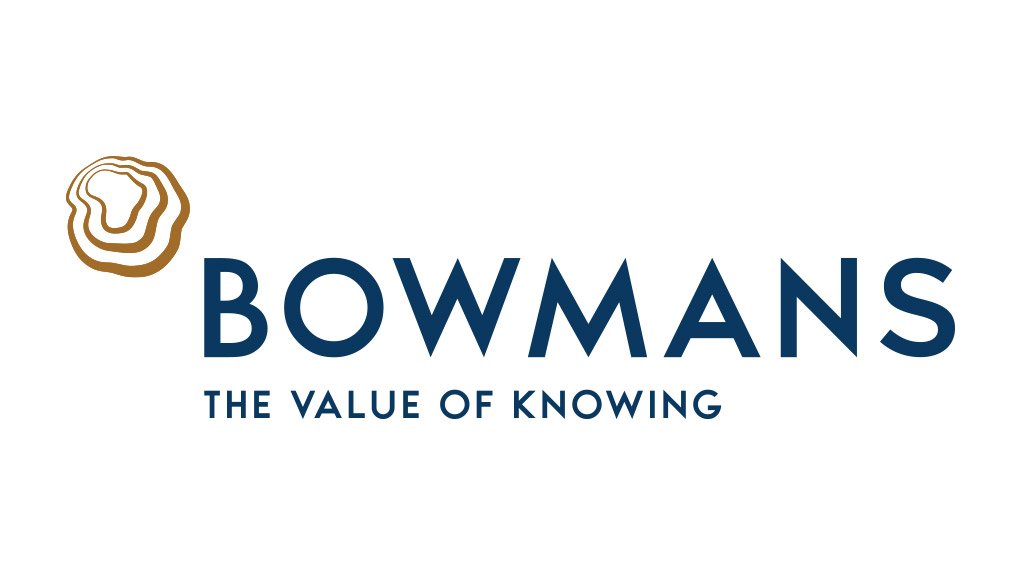While the power crisis has constrained South Africa’s economic growth, it is fair to say that it has negatively impacted the daily lives of all people living in South Africa.
While those who can afford to do so have implemented alternative measures to deal with power outages (such as solar systems, generators, inverters, and the like), the majority of South Africans, even those in full-time employment, do not have the necessary financial means to have ‘back-up systems’ in place.
The ‘S’ aspect of environmental, social and governance (ESG) principles highlights the importance of various social factors such as employee well-being (both physical and mental), diversity and inclusion. It is important for employers to consider how they can contribute positively to society.
Those who participate in, and contribute to, private sector retirement funds on behalf of their employees, could potentially assist their employees to minimise the impact of power outages on their daily lives and well-being.
Section 19(5) of the Pension Funds Act, 1956 (PFA) concerns the granting of housing loans and/ or issuing of housing guarantees by a fund. Section 19(5) allows the board of a fund, subject to the fund’s rules and the provisions of the PFA, to facilitate the provision of housing finance to members of a fund by either:
- a direct loan by the fund to the member secured by either (i) a first mortgage bond over the property in respect of which the loan is granted, or (ii) a pledge of the member’s benefits in favour of the fund; or
- the issue of a guarantee in favour of a third party (employer or a bank) that has granted or will grant the member a loan for housing purposes, which guarantee is secured by a pledge of the member’s benefits in favour of the fund.
The housing finance, however, may only be used for ‘housing purposes’. Thus, the housing finance made available to a member either by way of a direct loan by the fund or the issuing of a guarantee in favour of the lender (employer or bank) must be used to enable the member to either build or buy a home, or to make additions or alternations to or to maintain or repair their home or that of their spouse.
The PFA does not stipulate what is meant by additions or alternations to a member’s home. However, in our view, this would include alternations and/ or additions to the home associated with any renewable energy solutions, such as the installation of solar panels.
With effect from 1 September 2024 – when the two-pot retirement system comes into effect – a loan or guarantee must not exceed, at the time it is granted or furnished, 65% of the member’s individual account or minimum individual reserve, as the case may be, in the member’s savings, retirement and vested component.
The effect of the guarantee or suretyship is that, if the member defaults in the repayment of their loan to the finance provider (i.e. the employer or the bank), the fund will be obliged to pay to the finance provider the amount for which the member is liable, to the extent that its obligation to do so is secured by a pledge by the member of their future benefits in favour of the fund.
Making finance available to employees to secure alternative renewable energy solutions to keep the lights on will not only contribute towards their well-being and quality of life but should also enhance their productivity at work. In addition, the assistance would demonstrate the employer’s commitment to the ‘S’ of the ESG principles by addressing the current social issues many employees are faced with.
Written by Deirdre Phillips, Partner, Bowmans Law
EMAIL THIS ARTICLE SAVE THIS ARTICLE ARTICLE ENQUIRY
To subscribe email subscriptions@creamermedia.co.za or click here
To advertise email advertising@creamermedia.co.za or click here











